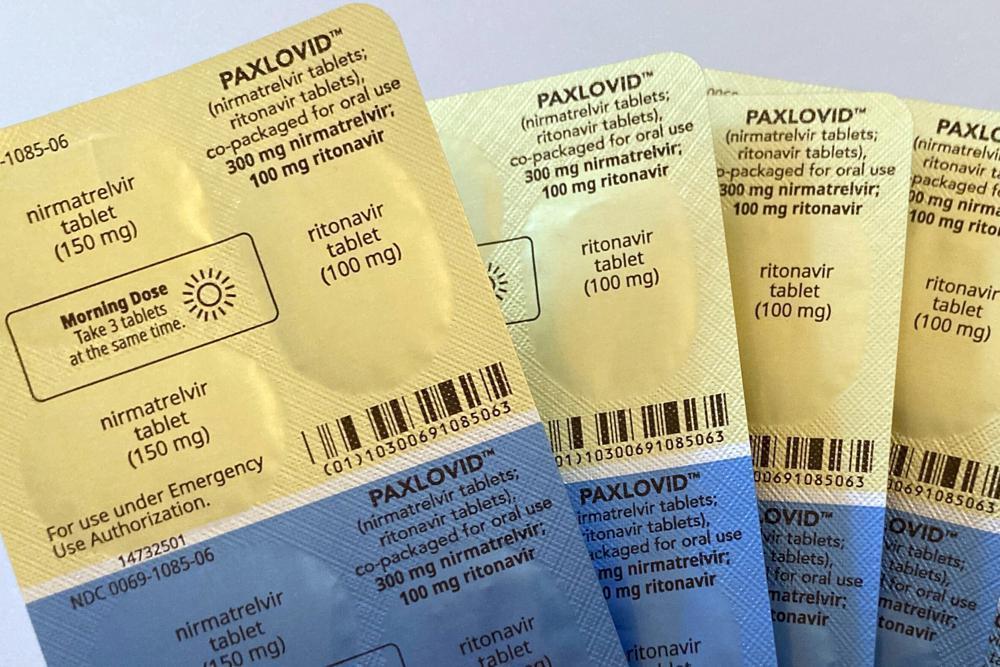
Pfizer’s COVID-19 pill appears to provide little or no benefit for younger adults, while still reducing the risk of hospitalization and death for high-risk seniors, according to a large study published on Aug. 24.
The results from a 109,000-patient Israeli study are likely to renew questions about the U.S. government’s use of Paxlovid, which has become the go-to treatment for COVID-19 due to its at-home convenience. The Biden administration has spent more than $10 billion purchasing the drug and making it available at thousands of pharmacies through its test-and-treat initiative. The researchers found that Paxlovid reduced hospitalizations among people 65 and older by roughly 75 percent when given shortly after infection. That’s consistent with earlier results used to authorize the drug in the U.S. and other nations.
But people between the ages of 40 and 65 saw no measurable benefit, according to the analysis of medical records.
The study has limitations due to its design, which compiled data from a large Israeli health system rather than enrolling patients in a randomized study with a control group, the gold-standard for medical research.
The findings reflect the changing nature of the pandemic, in which the vast majority of people already have some protection against the virus due to vaccination or prior infection. For younger adults, in particular, that greatly reduces their risks of severe COVID-19 complications. The Centers for Disease Control and Prevention (CDC) recently estimated that 95 percent of Americans 16 and older have acquired some level of immunity against the virus.
“Paxlovid will remain important for people at the highest risk of severe COVID-19, such as seniors and those with compromised immune systems,” said Dr. David Boulware, a University of Minnesota researcher and physician, who was not involved in the study. “But for the vast majority of Americans who are now eligible, this really doesn’t have a lot of benefit.”